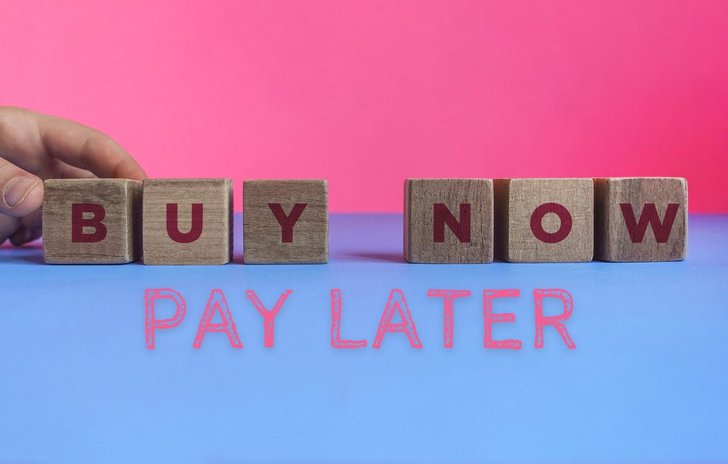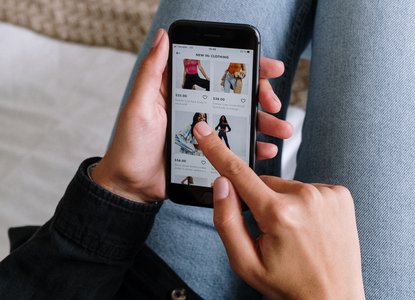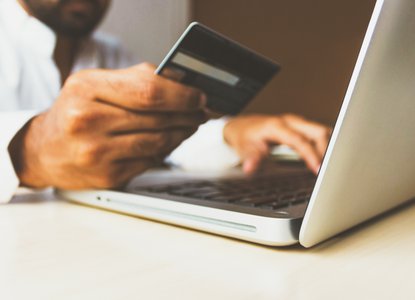
'Buy now, pay later' schemes (BNPL) are booming on online shopping platforms and growing in popularity among teens and young people.
This seemingly easy and convenient payment option allows you to purchase items online now and pay for them later, either splitting the cost into monthly instalments or delaying the full payment until a later date.
Many shopping apps and even digital banks like Monzo now offer BNPL options, promising to "make online shopping simple" with "effortless and safe" short-term financing. It's interest free borrowing, so there's no added fee to the cost of your purchases, and there are no hard credit checks to be eligible.
Sounds great, right?
It can be, when used sensibly, but it's also really easy to get stuck in a money mess. Because of the shiny way BNPL is advertised, it doesn't feel like debt, but that's essentially what it is.
We chat to blogger, Instagrammer and Words that Count ambassador Thrifty Clair, on the pros and cons of 'buy now, pay later', and why this attractive payment option can be a double edged sword when not used responsibly.
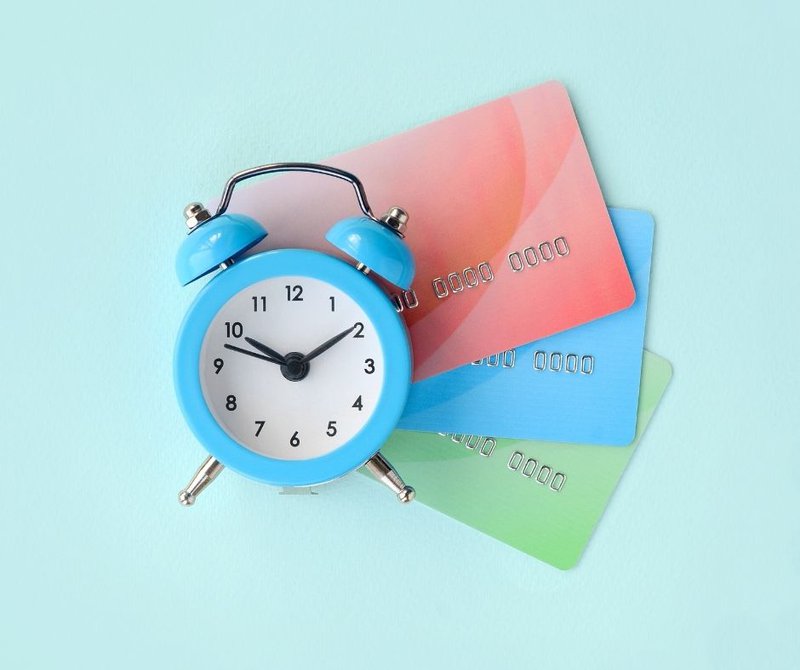
Read her tips below and test your knowledge in the quiz.
Understanding 'buy now, pay later' schemes
Is the recent explosion of 'buy now, pay later' options because of the pandemic?
I don’t know if it’s just coincidence that they all started to appear during the pandemic but it does seem to be the way financing options are going, and the advertising has really brought it to the forefront.
More and more people are moving away from traditional credit to opt for 'buy now, pay later' options, with lots of fintech companies like Klarna and Clearpay popping up. It's even branching out to digital banks like Monzo and Revolut.
It reminds me of catalogue buying when I was little, where you'd pay for a coat over several weeks of instalments. It seemed really old fashioned but now BNPL has been given a digital makeover and made useful again, mainly aimed at teens, 20s and the 30 year olds who might remember catalogue shopping.
The whole trend seems to be growing really quickly and does sort of feel like it’s the future of credit and borrowing – but you have to use it wisely.
What's the catch with 'buy now, pay later' schemes?
The way BNPL schemes are marketed, with a nice shiny brand and apps make them seem really friendly and easy to use. Advertising campaigns tell you there are no hard credit checks so it won't affect your credit score, it's interest free and everyone's eligible.
It all sounds too good to be true, and if you're not careful, it can be...
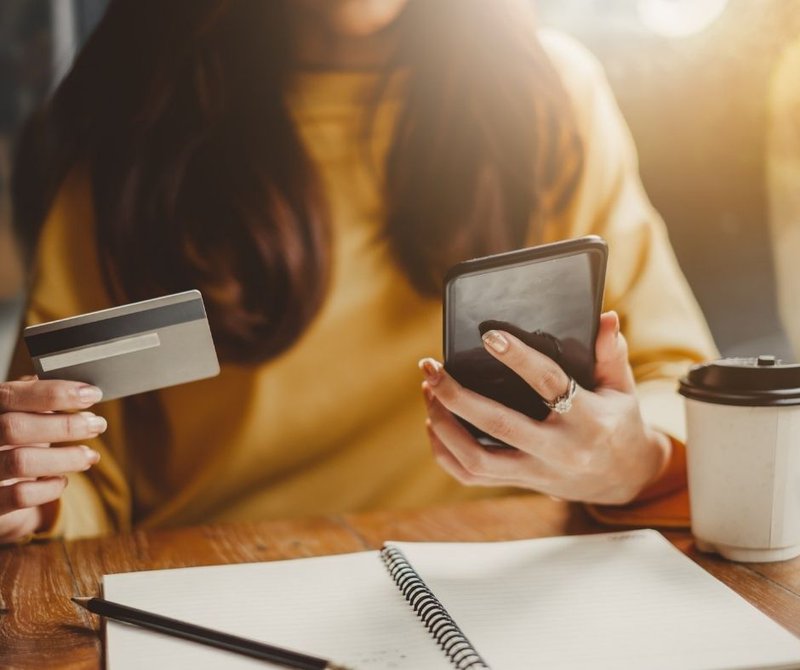
It's easy to overspend what you can't afford
Because of how easy it is, BNPL encourages unnecessary spending that wouldn't otherwise be there. Like 'fashion hauls', where people make large orders of clothes to try on and send back what they don't want later, instead of ordering just the single item they need.
Inevitably, you'll keep more than you intended to so will end up spending more, but there's a huge environmental cost too.
Did you know, that many fast fashion sites won't resell returned items, as it's often cheaper to throw them into landfill than to repackage and restock? That's why I always recommend buying pre-loved clothes from second hand selling sites, to contribute to the circular fashion economy.
It's hard to remember what you bought!
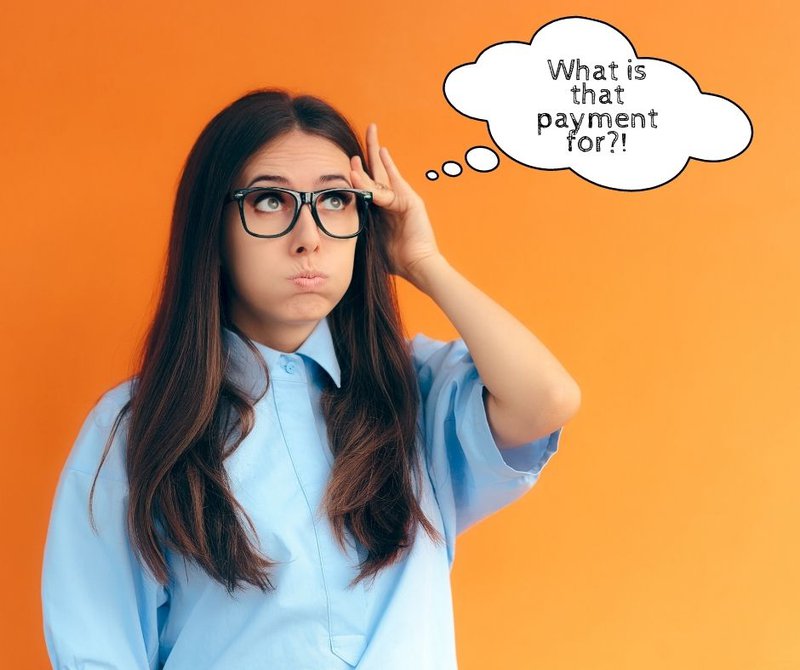
If it's an insignificant item like a dress that you wore once three months ago but now it's time to pay – ask yourself how memorable is that dress and how are you keeping track of it? Are you even still wearing it? I even saw a £15 hand cream available on BNPL the other day! How will you remember that in three months' time?
It’s so easy to get stuck on a slippery slope where you’ve borrowed and borrowed and borrowed but then the reality hits when the payments are due.
It can be confusing keeping track of multiple apps
There’s lots of BNPL apps now which is meant to make it easier to keep track of but I can imagine it's more difficult if you’re using several.
If I was in my early 20s now I would be using all of them, because I did the same with store cards when I was that age! I was forever missing payments, I had late fees, and with some of these providers now you can even defer your deferred payment and put a snooze on it!
But however long you put it off, there always comes a point where the payments are due, so you're just delaying the inevitable.
You can't predict the future!
I’ve been the person that thinks "Oh great, I’ll pay it when I’m older... next month, next year or whenever", and didn’t think about changing financial circumstances so when it came round I couldn't afford to keep up.
You can’t predict the future, so if you do fall really behind when it's time to pay you could be passed to a debt collection agency with extra charges on top. That's when you get a negative mark on your credit history.
The key with any credit borrowing is to use it responsibly and safely, so if you keep up with payments, then it’s fine – but it's very easy to fall behind.
I hear so many bad things about 'buy now, pay later.' Is there ever a time when it could benefit me?
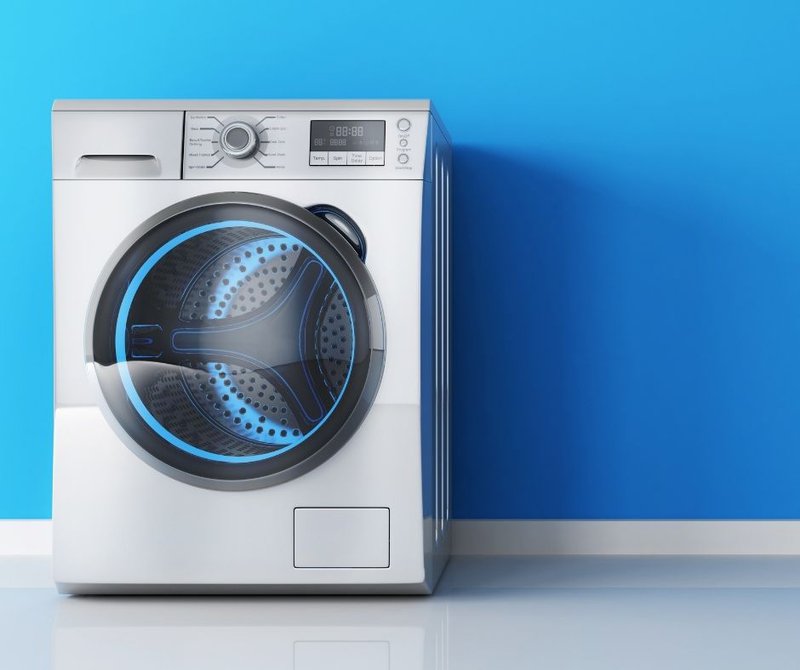
If it's a big one-off purchase, or an emergency you didn't plan for, then it can be a great tool to use. For example, if you suddenly need a new washing machine over Christmas when money is tight, then splitting the payments over three months can take the pressure off.
But what BNPL is not good for is deferring payment on insignificant items and putting yourself into debt with fast fashion sites like Boohoo and Pretty Little Thing, or everyday online shopping.
Some providers like Klarna offer a proper financing option for larger items, with a full credit agreement and hard credit search to check your affordability. These financing options can have extra interest charged, so if you're going down that route it's always good to check the market for the best 0% credit card deals which could be cheaper in the long run.
What should I do if I get myself in a lot of 'buy now, pay later' debt?
The first thing to do is to speak to the BNPL provider. The platforms themselves do have helplines where you can contact them, and they’re the ones who’ll pass it onto a debt collection agency so definitely worth speaking to them first.
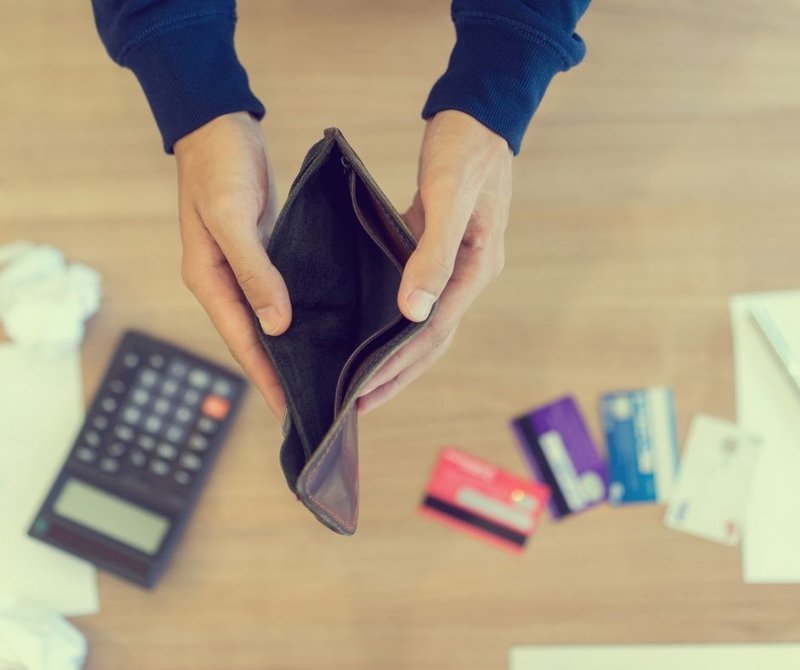
Also talk to friends and family. I know people who’ve been in debt and have been too scared or ashamed to speak about it, but opening up about it can really take the pressure off and help you see how to take steps towards becoming debt free.
If it is as extreme as unmanageable debt, there are some great debt management charities who can give impartial advice and can also put you on a debt management programme.
The key thing is not to bury your head in the sand and ignore it. You don’t want it to be passed onto debt collection with extra fees and have your credit rating affected negatively.
How would you feel knowing your loved ones had purchased your Christmas gift on a BNPL site and were still paying for them in March?
For me it negates the idea of a gift. If you’re giving someone a gift for the sake of it and then burdening yourself with debt (and it is debt), it ruins the joy.

If I was on the receiving end of the gift I’d feel really guilty. I don’t need the gift that much that I want my loved ones to be paying something off for months. I’d rather they just buy me a bottle of wine and don’t have the money owed hanging over them. And if I was buying the gift, I'd be really annoyed in the spring when I was still paying for it!
It's that question of; How much do I really need to buy this if it needs to be put on 'buy now, pay later'? Your friends and family will always understand if you can't afford to buy them a present.
What's better for my credit score, paying back 'buy now, pay later' schemes on time, or taking out a credit card?
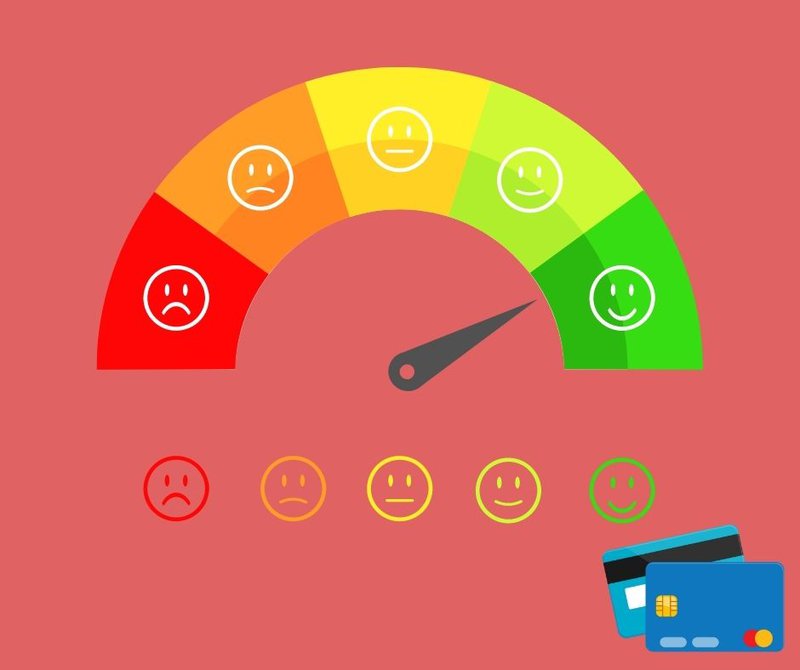
Because BNPL schemes don't do a hard search on your credit history in the first place, that means they also don't report 'on time payments' to credit agencies too. So even if you pay on time every single month and never miss a payment, you’re not improving your credit score!
They do report missed payments, but not always straight away. Some lenders will only report missed payments once they’ve built up over time, before passing onto debt collection agencies.
So if your goal is to build your credit score to improve your chances of getting a mortgage or other credit when you're older, using a credit card will do that – but look for the best deals and always use it responsibly!
Top tip - pay for car insurance on a 0% credit card
When I used to get my car insurance, I would get a 0% credit card to pay it in full (which is cheaper than setting up instalments), and then pay by direct debit to the credit card each month to clear it over 12 months.
I would’ve paid that money out anyway, but doing it like this means it’s costing me less monthly and I’ve built my credit score at the same time. To make sure I wasn’t tempted to overspend on the card, I would either cut it up or hide it out of easy reach in the loft!
I’m anti-debt and anti-lending, but I do appreciate that you do still need to build your credit file, and there are still good ways to do that.
Protected credit card purchases under Section 75
Another example of how credit can be used safely is if you’re doing a big purchase and pay it off straight away. So if you buy a £300 washing machine on a credit card, that purchase will also be protected by Section 75.
This important consumer protection law is applicable to credit card spending on items over £100 and means if anything goes wrong with it, the credit card company is jointly and severally liable so you could get your money back.
The 'buy now, pay later' trend is growing really quickly and it may seem really easy and convenient to use. Just remember to use it wisely, as you should do with any other form of credit.
For more money management tips visit our Words that Count campaign.
Follow Thrifty Clair on Instagram and follow her blog.
